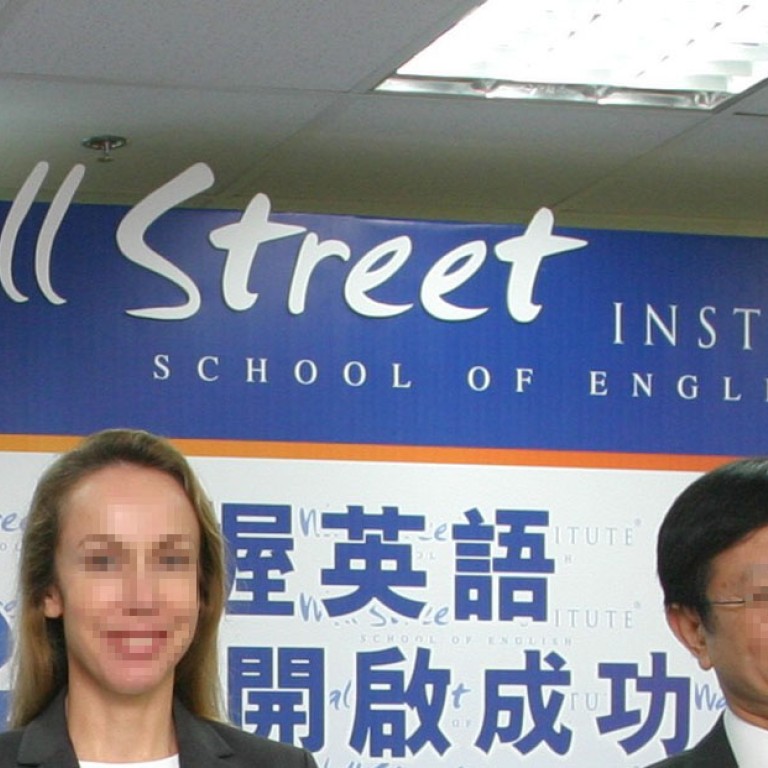
Scrutiny over 'illegal' schools casts spotlight on bureau's processes
Wall Street English, which holds classes in unregistered premises, says it's still waiting for authorities' approval for registration after two years
Another school has been found to be running classes in unregistered premises, prompting calls for the Education Bureau to beef up inspection efforts.
Wall Street English, established in 1972 and which describes itself as the world's largest English-language teaching organisation, confirmed that it was still waiting for the registration for its school at Causeway Bay Plaza Two where it has run classes for almost two years.
It blamed the authorities for taking too long to process its application, submitted soon after it moved from its previous premises at Causeway Bay Plaza One.
The news came after the bureau this month launched an investigation into whether Modern Education was running classes in an unregistered school in Mong Kok.
To obtain registration from the bureau, an institution has to seek approvals from the Health Department, the Buildings Department and the Fire Services Department.
Wall Street sales and marketing director Vickie Chow said the institution was still waiting for registration after applying for all the required approvals two years ago. "We are still waiting for the approval from the Fire Services Department," she said.
The Education Ordinance requires any school that provides courses for at least 20 people in a day, or at least eight people at any one time, to be registered.
If the rules are breached, the school's owner and teachers can be fined HK$250,000 or jailed for two years.
Chow said about 80 students came to the school each day. The long wait for registration was nothing new, she said.
"It's not just this time … It always takes two to three years in our experience," she said.
Asked if the school would immediately stop all classes and refund students' fees, she said: "We have a refund mechanism. We can arrange [a refund] if the students offer a suitable reason."
A bureau spokesman said it would send officers to inspect the school's former and present premises. The time required to process applications for registration varied from "a couple of months to a much longer period", he said.
Education-sector lawmaker Ip Kin-yuen said the two incidents were a wake-up call.
"If these are just individual cases, maybe the blame is on the school operators. But if these cases are everywhere, maybe the bureau has not done its best in terms of inspection," he said.
The bureau said it received 298 complaints about allegedly unregistered schools in the 2011/2012 school year, with nine schools found guilty of breaching the rules in court. The number rose to 326 in 2012/2013, with six schools found guilty.

